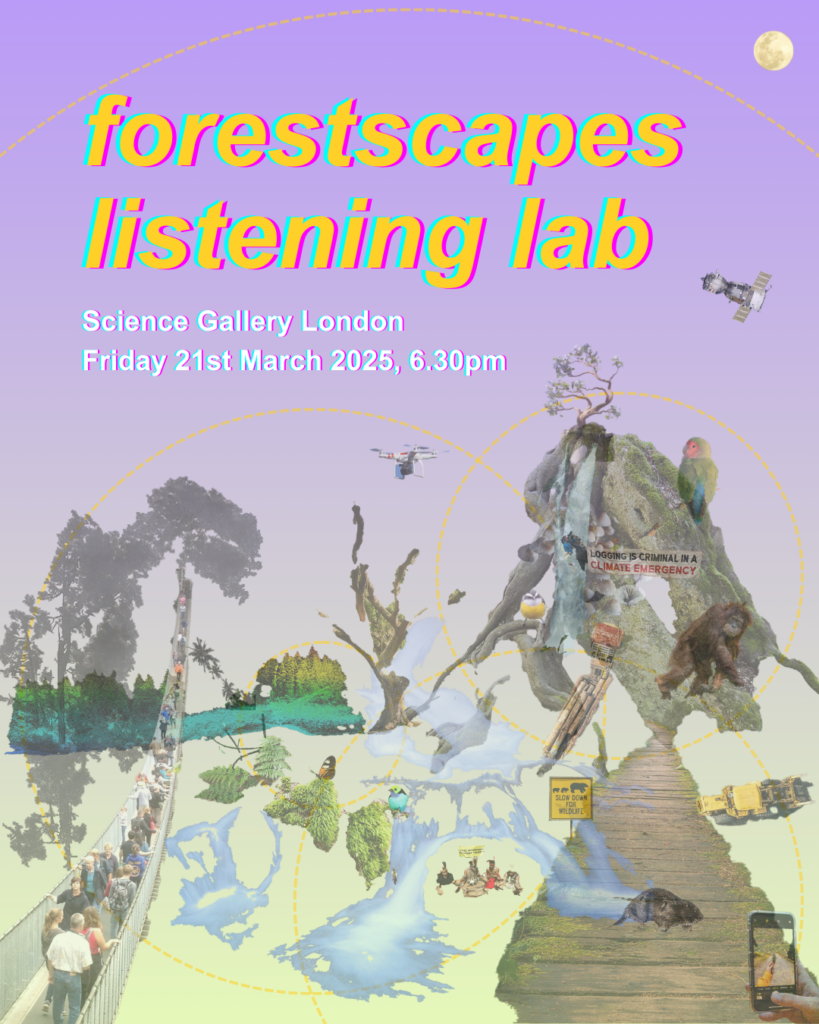We are pleased to announce the 3rd edition of the Summer School in Digital Methods for Critical Consumer Studies, which will take place in Como – from September 22 to 26, 2025.
This year’s theme is: Artificial intelligence as a methodological resource and its applications for consumer culture research.
The School will focus on the intersection between Digital Methods, consumer culture, and AI technologies such as large language models (LLMs), exploring both technical and critical perspectives. The School is meant for master and PhD students who wish to learn digital methods and apply them to their research project in the field of consumer culture. The programme includes lectures, workshops, keynote talks, and group work, delivered by an international and interdisciplinary faculty. Confirmed keynote speakers are: Joonas Rokka (Emlyon Business School), Giorgia Aiello (University of Milan) and Gabriele Colombo (Politecnico di Milano). The Summer School is organized by the University of Milan, in collaboration with: SOMET – PhD Programme in Sociology and Methodology of Social Research, Milan School of Media and Communication, PhD in Communication Science and Practice, University of Pavia.
Applications are open until June 6, 2025
To participate in the Summer School, candidates must send their applications at this email address: laura.bruschi@unimi.it, by 6 June 2025. Applications must entail a CV and presentation letter, containing: a) brief bio; b) interests of research; c) motivation to participate in the Summer School.
You can find the full programme and practical information here: https://dmcs.lakecomoschool.org/
We welcome applications from MA and PhD students, early-career researchers, and professionals interested in digital methods, AI, media, and consumer studies.
Please feel free to share this call with colleagues or students who might be interested.
Best regards,
On behalf of the School Directors: A. Caliandro, A. Gandini, M. Airoldi



